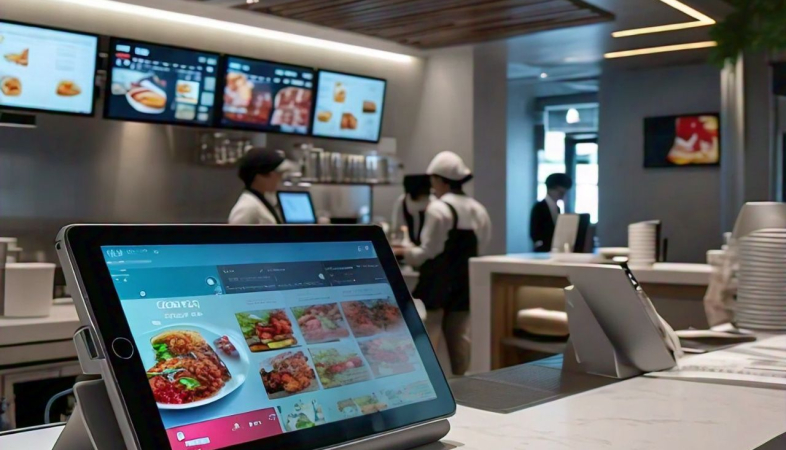SHARE
Commercials
More Posts
Feb 09, 2025
Ginger Lemon Kombucha Cooler - By Selva Kumar
Jan 28, 2025
Makai Cheesy Kaju Tikki - By Chef Rajat Ranjeet
May 12, 2025
Avare Kalu Akki Roti - By Chef Bharath Bhushan C
Jun 29, 2025
Food and Beverage Pairing: Perfecting the Match
Mar 15, 2025
Rajesh Kumar Takes Charge as Unit Manager at Sodexo
Feb 09, 2025
Ginger Lemon Kombucha Cooler - By Selva Kumar
Jan 28, 2025
Makai Cheesy Kaju Tikki - By Chef Rajat Ranjeet
May 12, 2025
Avare Kalu Akki Roti - By Chef Bharath Bhushan C
Jun 29, 2025
Food and Beverage Pairing: Perfecting the Match
Mar 15, 2025
Rajesh Kumar Takes Charge as Unit Manager at Sodexo
Feb 09, 2025
Ginger Lemon Kombucha Cooler - By Selva Kumar
Jan 28, 2025
.png)



























